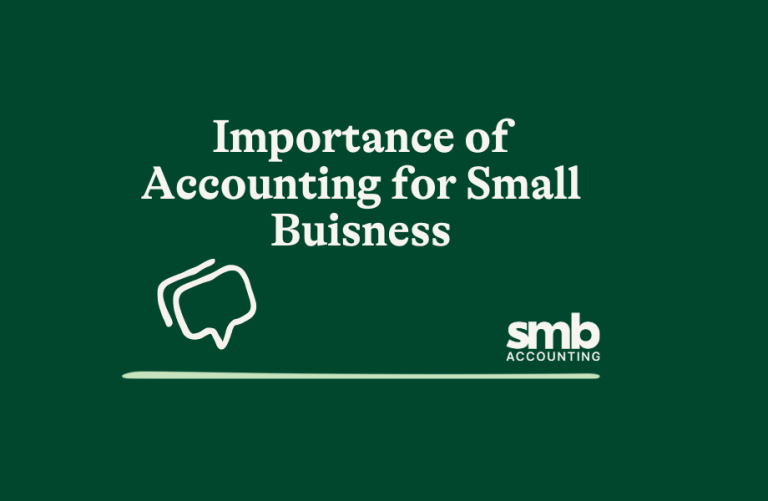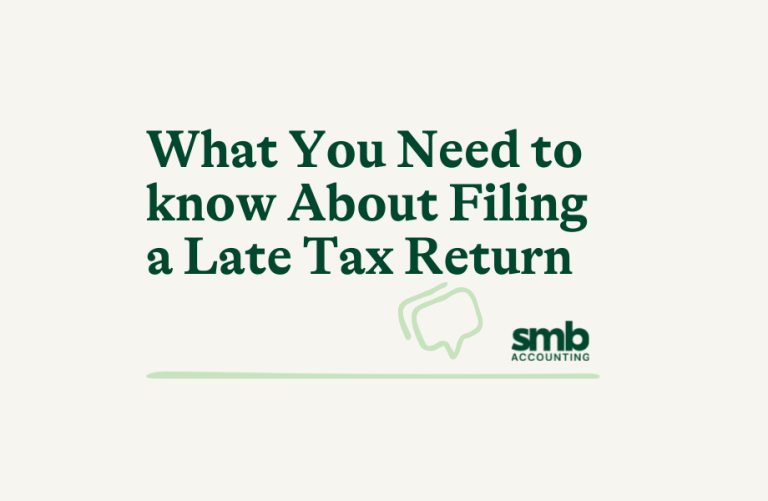Even if the room is not set aside purely for work-related purposes, you may be able to claim a tax deduction for the costs of running your home office, provided you did some of your work from it in the previous financial year. These critical tax deductions typically cover the expenditures of working from home or running a home-based business.
The question is, how can you claim your home office expenses this year? This essay will serve as a roadmap for you.
What are the new arrangements?
Due to COVID-19, the Australian Taxation Office (ATO) made specific provisions last year to make it easier for persons to claim deductions for working from home.
Rather than calculating expenditures for specific running expenses, the new ‘shortcut technique’ allows people to claim a rate of 80 cents per work hour for all their running costs.
This rate is available to multiple people living in the same residence. For instance, a couple living together might each claim the 80 cents per hour rate.
Which strategy should you use when claiming?
You have three options for calculating your home office expenses:
Shortcut Method
Claim a rate of 80 cents per work hour for all additional running expenditures.
Fixed-Rate Method
Calculate the work-related portion of your phone and internet expenses, computer consumables, stationery, and the decline in value of a computer, laptop, or similar device at a rate of 52 cents per work hour.
Actual Cost Method
Claim the portion of all your operating expenses directly relevant to your job, which you must calculate on a fair basis.
Whatever approach you use, please follow the following rules:
- The money has to have been spent by the taxpayers and not repaid.
- The claim must be directly tied to income generation.
- There must be documentation to back up the claim.
What are the expenses you can deduct?
You can claim the following expenditures if you are claiming using the fixed-rate method or the actual cost approach.
Running Expenses
Home office operating expenditures, such as energy, gas, and office furniture depreciation, can be deducted (e.g., desk, tables, chairs, cabinets, shelves, professional library).
You should keep diary/logbook documentation for four weeks to prove a pattern of working from home and justify the number of hours you are claiming, exactly like with a motor vehicle claim.
When no additional costs are spent, such as when you work in a room where others are watching TV or when the income-producing use of the residence is incidental, no deduction is allowed.
You’ll need receipts for the following expenses:
- Work-related equipment in the home office.
- Repairs to the home office, as well as furniture and equipment utilised for business reasons.
- Cleaning costs for the home office.
- Any extra costs associated with maintaining a home office on a day-to-day basis.
- Keep a journal entry for each of your minor expenses ($10 or less) that total no more than $200.
Telephone (and mobile phone) and Internet Expenses
If you can recognise work or business calls from an itemised phone bill, you can claim the deduction for the billed percentage related to work or business.
For the whole year, a representative four-week period will indicate a pattern of internet and telephone use.
If you are “on-call” or compelled to contact your company or client frequently, your phone rental expenditures may be partially deductible.
Equipment Depreciation Expenses
You can claim depreciation on home office equipment such as computers, printers, photocopiers, scanners, and modems, but it must be allocated to the equipment’s use for work or company purposes. You can claim depreciation on office equipment and furnishings if you use the actual cost approach.
Occupancy Expenses
Only if the residence is used as a place of business is a claim for occupation expenditures allowed. The claim must be filed as an apportionment of total expenses incurred on a floor area basis.
- Rent
- Interest on a mortgage
- The cost of water
- Repairs
- Premiums for homeowners’ insurance.
If you sell your home in the future, being able to claim these expenses may influence your principal residence exemption for capital gains tax reasons.
When does a house become a business?
The following indicators, none of which are conclusive on their own, may help to determine if a designated area contains the characteristics of a business:
- The area is marked as a business district.
- The area is not readily adaptable or suited for private or domestic use in the home context in general.
- The region is used solely or virtually exclusively to conduct business.
- Client or customer visits are typical in this area.
You are not entitled to a deduction for occupation expenses if you use your house to carry out income-producing activities as a matter of convenience. It would be unusual for a worker to be able to claim travel expenses.
Working with a tax professional can help you avoid common mistakes while filing your tax return and maximising the amount of money you get back. Please contact your trusted accountant on the Sunshine Coast from SMB Accounting for assistance with your tax return!




